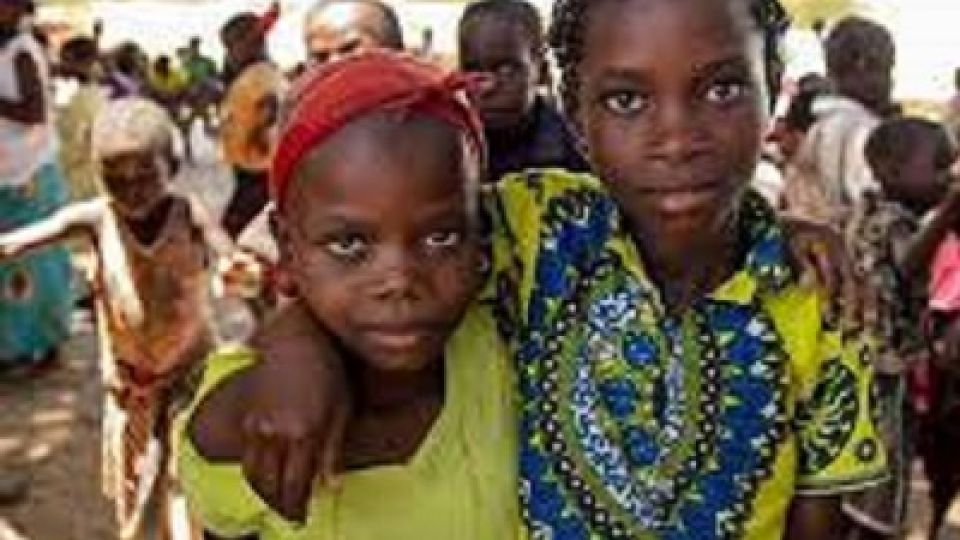from ARMANDO DOMINGOS in Maputo, Mozambique
Mozambique Bureau
MAPUTO, (CAJ News) – A MAJORITY of the 300 000 children projected to suffer malnutrition are at risk of death as Mozambique reels from a myriad of crises including cholera.
Tropical Cyclone Freddy has worsened the Southern African country’s predicament.
More than 28 000 cases of cholera have now been recorded in Mozambique, which the United Nations Children’s Fund (UNICEF) discloses is ten times the figure reported at the start of February. This is the worst cholera epidemic in two decades.
More than half of cases are among children.
“Case numbers continue to increase, putting children and families at ever more risk,” said UNICEF Mozambique Chief of Communication, Guy Taylor.
“And now, cases of malaria and diarrhoea, other leading killers of children in the country, are also on the rise,” the envoy said.
UNICEF projects there would be 300 000 or more severely malnourished young children in Mozambique this year, many of whom are at risk of dying if they do not get treatment.
Taylor said young children who have gone without food rapidly drop a lot of body weight, often exacerbated by bouts of infectious diarrhoea, until they become thin and frail, eventually looking skeletal.
“It is a distressing sight,” he said.
“Without lifesaving treatment, it is a battle that many lose,” Taylor said.
A funding gap of US$71,6m remains for UNICEF’s response to cholera and the impacts of Cyclone Freddy and flooding.
This would enable UNICEF to reach a total of 2,7 million children.
Tropical Cyclone Freddy and widespread flooding swept through Mozambique in Marche, killing 183 people and leaving more than 640 000 homeless.
Making matters worse, in the aftermath of the storm, the country has been forced to confront its worst cholera epidemic in two decades.
Among those affected by the disaster are some 31 000 pregnant women.
“In all my professional experience as a doctor, I have never seen so many pregnant women in this situation,” said Dr Equibal Abílio, an obstetrician-gynaecologist providing medical support at a cholera treatment centre in Quelimane, Zambezia province.
Dr Natalia Kanem, UN Population Fund (UNFPA) Executive Director, said women must be provided with the services and support they need.
“Women do not stop getting pregnant and having babies when crisis strikes,” she said.
– CAJ News

